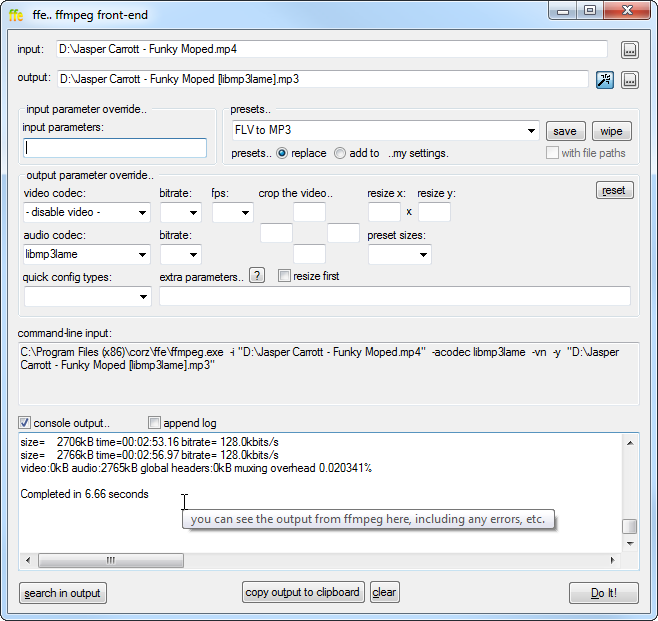
To access DirectShow input devices you have to use MinGW-w64 as the compiler (or cross compiler), as straight MinGW headers don't have this functionality. Then configure your PATH appropriately, for instance mine looks like this:Ĭ:\installs\mingw-w64\i686-4.9.2-posix-dwarf-rt_v3-rev0\mingw32\bin c:\MinGW\msys\1.0\bin. To use MinGW-w64, install Msys using the MinGW setup, as above, but only check the "msys for developers option". This project does not have downloadable compilers by default you'll probably want the "mingw-builds" project, which provides pre-built compilers. The MinGW package provides gcc and headers. The first tends to be slightly more up to date than the latter, and offers more library compatibility, like DirectShow headers, so preferably use MinGW-w64.

Some Windows-specific compilation information can be found in the official documentation.īoth offer working gccs for Windows.


Note that the only strict requirement for compiling a plain vanilla version of FFmpeg (no external libraries) is MinGW (compilation environment) and Git required for downloading and updating the source code.Īlso note that sometimes it is easier to cross compile, see the Cross Compiling guide, which also may contain some hints/clues for compiling the various dependencies you'd need using MinGW, too. You can still follow this guide if you want to manually compile FFmpeg. Tip: The Media Autobuild Suite can automatically build FFmpeg under Windows with several external dependencies.


 0 kommentar(er)
0 kommentar(er)
